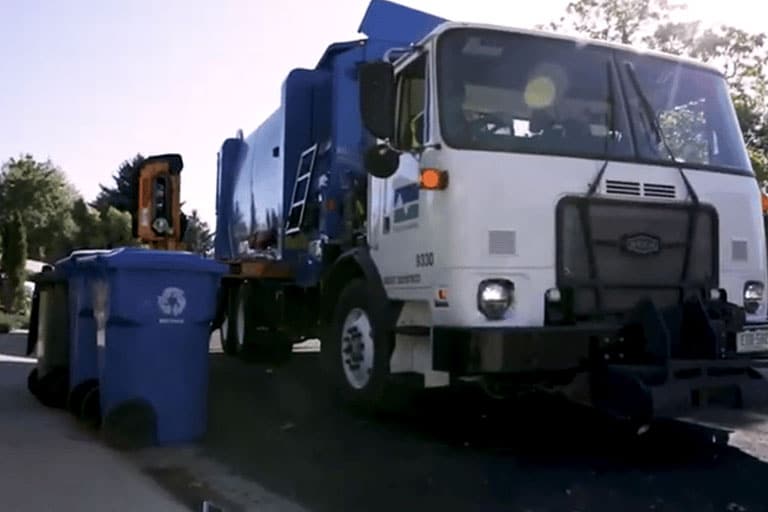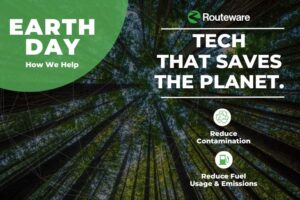Making collection routes more efficient and effective as part of a municipal waste and recycling program isn’t always about packing more stops into each route.
In fact, sometimes the opposite is true. When routes become overloaded as populations grow and change, unbalanced routes can negatively impact the safety and effectiveness of drivers tasked with completing them. It also can spell trouble for other areas, such as fleet maintenance, and resident education and communication, which play an important role in overall program effectiveness.
Such was the case in the City of Loveland, Colo. The City’s Solid Waste Management division provides yard waste, recycling, and pay-as-you-throw trash collection, as well as dumpster/roll-off service and special collections by appointment.
The rapidly growing community is gaining about 20,000 new residents every 10 years. By 2018, such robust growth had caused some of the City’s waste and recycling collection routes to grow to as many as 1,600 stops. These routes took too long, and didn’t leave staff with time to complete other important tasks, such as preventive maintenance.
“Drivers used to finish so late, they weren’t able to do daily maintenance,” said Jeremy Stewart, Business Analyst for the City of Loveland.
Customer communication was another important part of the job that drivers no longer had time for. “We were throwing and going,” said Nathan Rasmussen, Crew Supervisor for the City.
In Loveland, drivers are tasked with checking carts for contamination and placing “info tags” on out-of-compliance carts. They also often are stopped by customers who have questions. This was especially true following a recent rule change that now requires cart lids to be completely closed.
With no foreseeable end to rapid population growth in sight, the City decided it was time to try route optimization with EasyRoute.
Building on the City’s strong foundation — they had healthy data to import into the software — they saw great results.
For starters, the number of stops per route decreased by 30 percent. With data from EasyRoute, the City was able to define a measurable threshold for adding new routes going forward at 1,100 stops.
With less time spent on the road, crews were able to return their attention to regular equipment maintenance, as well.
“We’re saving on equipment now,” said Stewart.
Not only that, but drivers have time for the part of the job that is perhaps most meaningful to them: Customer interactions. Drivers now monitor collected materials, tag carts to help people understand how to use programs properly, and answer customer questions along routes. In fact, the City built time for these activities into its original route optimization assessment, a testament to the value of such software in the day-to-day experiences of crew members and customers.
When the City implemented a lid-closure policy, many customers asked drivers questions about it along their routes — an important part of encouraging compliance and building trust. Without optimized routes, said Rasmussen, this would not have been possible.
As population continues to grow and routes begin to become unbalanced, staff members look to EasyRoute to help them get back on track. The software also provides the data they need to help grow the Solid Waste Management division and maintain excellent customer service, said Tyler Bandemer Solid Waste Superintendent.
“When it comes to planning for more routes, more trucks, and more employees, EasyRoute provides us with the data we need to justify new expenses.”
Learn more. Unbalanced routes leaving little time for anything else? We can help! Let’s talk.





